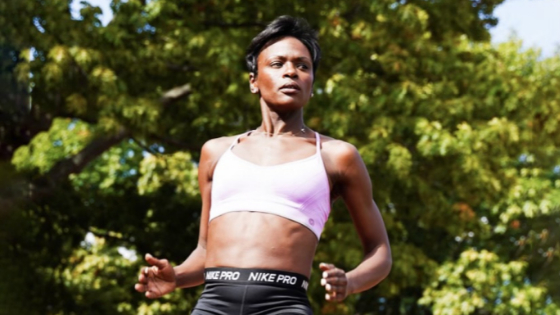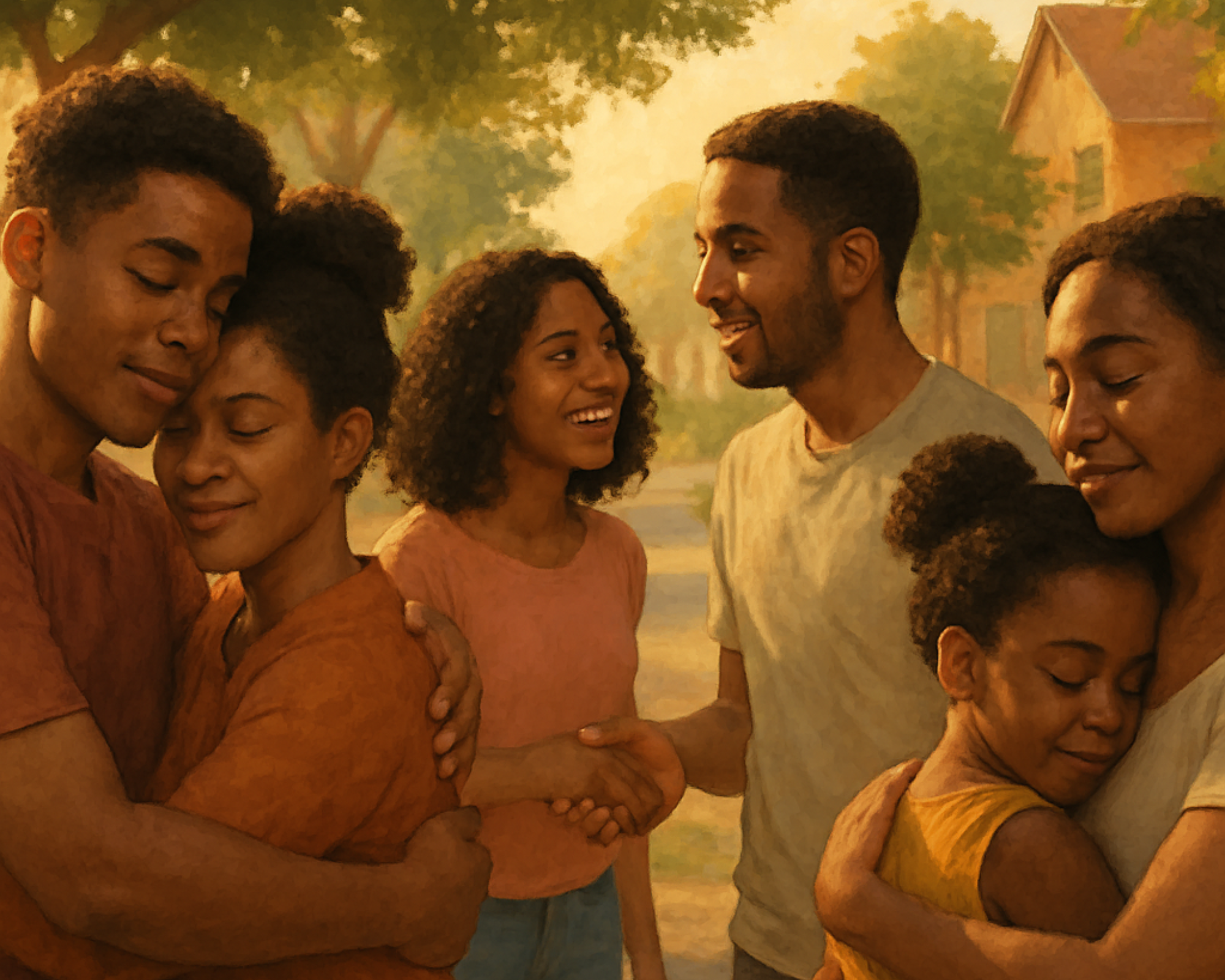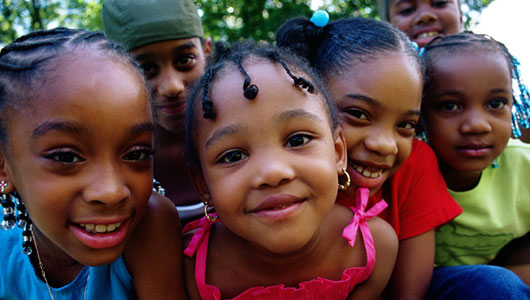
The Emotional Evolution: Navigating Relationships Through Personal Growth
As you progress emotionally through therapy, a natural and often challenging shift occurs in your relationships. The dynamics you once knew begin to change, whether it's friendships, romantic partnerships, or family ties. This transformation can be empowering and unsettling, forcing you to confront the fundamental question: Why do some relationships endure while others fade away?
The 5Ws of Evolving Relationships
Who?
The "who" in this context includes you and the people in your life. You become more attuned to your needs, values, and boundaries as you grow. This clarity can create a rift with those who might not be on the same path or resist change. It's not just about who you are becoming but also about who in your life is willing and able to grow alongside you.
What?
What changes in these relationships is often the unspoken agreements and comfort zones that once defined them. As you evolve, you might find that what you once tolerated or overlooked is no longer acceptable. This evolvement can lead to discomfort, conflict, or a natural drifting apart. The "what" also refers to the quality of the relationship itself—what it brings to your life and whether it continues to serve your emotional well-being.
When?
The timing of these shifts is crucial. Relationships might survive minor changes, but the impact can be more profound when a person undergoes significant emotional growth. The "when" can be tied to specific life events, stages of therapy, or moments of self-realization where the disparity between your growth and the relationship's stagnation becomes too glaring to ignore.
Where?
This journey of change doesn't just happen in your therapy sessions; it extends into every facet of your life. Where you go from here depends on how you and the other person adapt to the changes. It might mean redefining the relationship, setting new boundaries, or sometimes parting ways. The "where" also signifies the environments where your growth is most evident—perhaps at work, at home, or in social settings where the shift in dynamics is most apparent.
Why?
The most complex question is "why." Why do some relationships withstand the test of time while others crumble? The answer often lies in mutual growth, respect for individual journeys, and the willingness to adapt. Relationships that thrive tend to be those where both parties support each other's evolution, even if it means facing uncomfortable truths or making difficult decisions.
Why Is This Hard?
Emotional growth is complicated enough, but it can feel downright painful when it leads to strained or ended relationships. These relationships often hold sentimental value, shared memories, and a sense of identity. Letting go or redefining them can trigger feelings of guilt, loss, and fear of being misunderstood or isolated. The challenge lies in balancing your need for growth with the desire to maintain connections, even when they no longer serve you in the same way.
What Does This Mean About You?
It's important to remember that outgrowing a relationship doesn't mean you're at fault or that the other person is "bad." It simply means that you're evolving, and that's a testament to your commitment to self-improvement. It's a sign that you are honoring your true self, even if it means making tough choices. This growth signifies resilience, self-awareness, and the courage to live authentically.
Where Does the Relationship Go From Here?
The future of any relationship after a period of personal growth depends on mutual willingness to adapt. For some, this means embracing new ways of relating, setting healthy boundaries, or having honest conversations about the future. For others, it may mean lovingly letting go and making space for new connections that align with your current self.
Empowering Yourself Through Change
As daunting as these changes can be, they are ultimately empowering. They push you to prioritize your well-being, trust your intuition, and create a life that reflects who you are becoming. Embrace the uncertainty, knowing that the relationships meant to last will evolve with you, and those that don't were part of your journey for a reason. Your emotional growth is not just about healing; it's about stepping into the fullest expression of yourself—and that's something worth celebrating.
Remember this: Growth may change your relationships, but it doesn't have to diminish their value or your worth. Instead, it can be a powerful catalyst for deeper, more authentic connections—with others and yourself.






